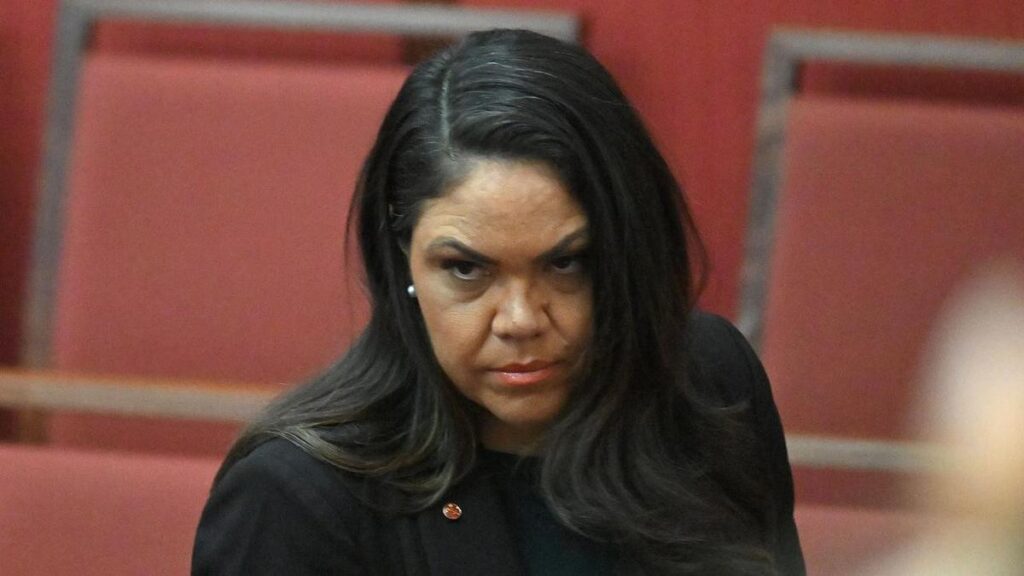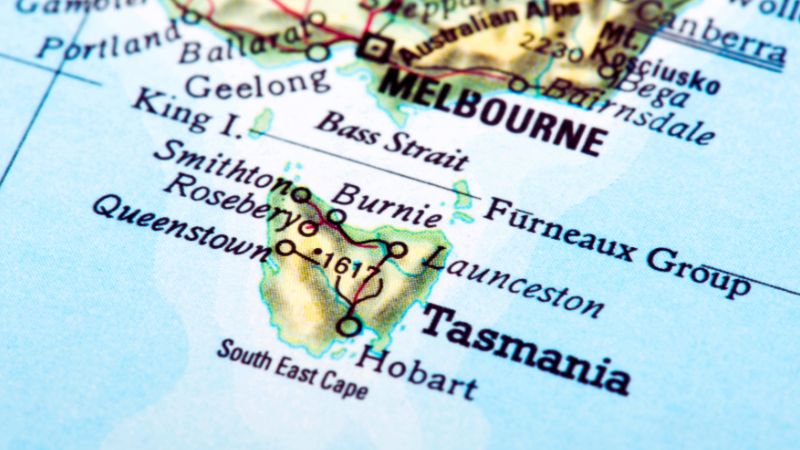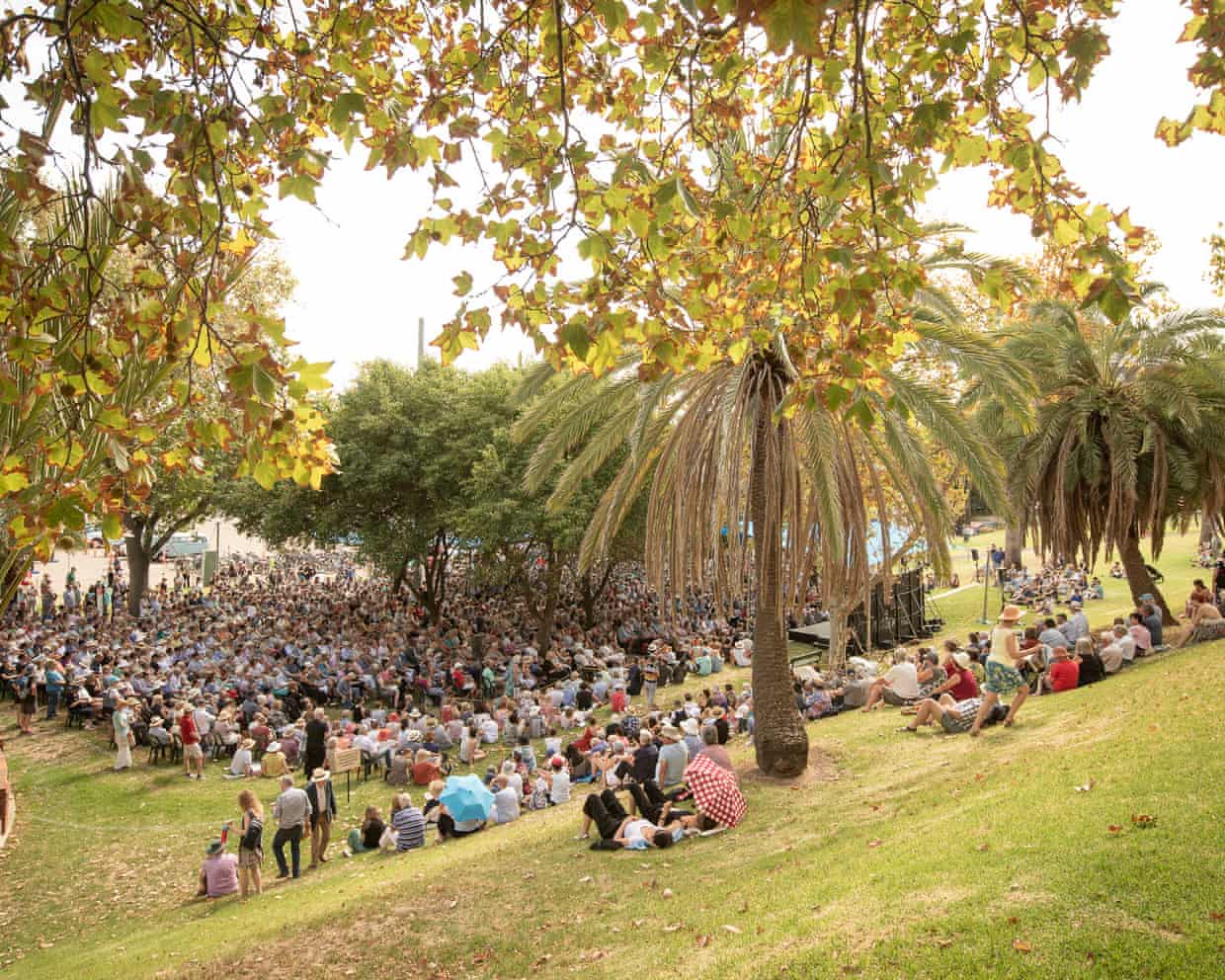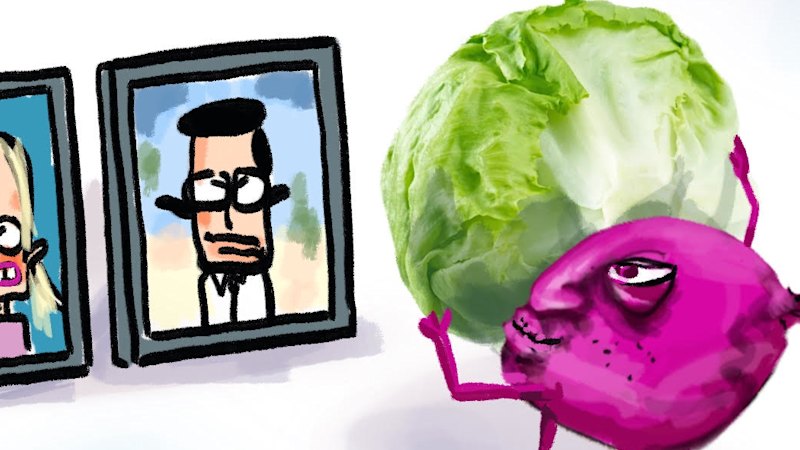
Senator Jacinta Nampijinpa Price has faced significant criticism for her recent comments suggesting that Australia’s migration policies are strategically manipulated to gain electoral support. Her remarks, which specifically referenced the Indian diaspora, have been condemned by various community leaders and political figures, who argue that such statements could exacerbate tensions within migrant communities.
During a public address, Price claimed that the current Labor government “allow those in that would support their policies,” a statement that has drawn ire for undermining the nation’s longstanding commitment to non-discriminatory immigration policies. Harpal Singh, president of the Sikh Association of the Northern Territory, expressed concern over the impact of her comments, stating that they risk eroding public trust in governmental policies.
Singh remarked, “She has taken a dig, but it has lasting impacts. She should at least apologise; people make mistakes, right? But the problem is the timing.” His remarks came in the wake of violent and widely condemned anti-immigration rallies that have sparked national debate regarding Australia’s approach to immigration.
The fallout from Price’s statements highlights a broader issue. Bharat Desai, a former president of the Indian Cultural Society of the Northern Territory, emphasized that the senator’s views do not reflect the sentiments of the wider community. “I don’t know what motivated her to pick a particular community group. It might have been that her thoughts were misdirected,” he said. Desai noted that while targeting specific groups for political gain is not new, it can lead to harmful consequences.
Opposition Leader Sussan Ley also distanced herself from Price’s comments, asserting, “I’m fighting for every single Australian, no matter where you came from, and our Australian Indian community are amazing.” This statement underscores a growing recognition among some politicians that embracing diversity is crucial for social cohesion.
Addressing the parliament, Anne Aly, the Minister for Multicultural Affairs, warned that social unity would remain fragile “as long as we treat people with gritted-teeth tolerance instead of mutual respect.” Her comments reflect a broader concern about the potential for divisive politics in the context of immigration.
The government has projected a target of 185,000 migrants for the year, excluding temporary migration categories like international students. Senator Price indicated that discussions within her party regarding this figure were ongoing but emphasized the need for a considered approach.
Despite the political landscape, migration is becoming less effective as a tool for gaining votes, according to migration expert Anna Boucher from the University of Sydney. She noted that as the population becomes increasingly multicultural, many voters may find it offensive to suggest that migration policy is driven by race. “We’ve had a non-discriminatory program since the 1970s,” Boucher stated.
As Australia continues to navigate these complex issues, the discourse surrounding immigration policy is likely to evolve. Boucher added that migration-based politics may only capture a small proportion of votes, suggesting a shift toward a more mature multicultural political landscape.
The implications of these discussions extend beyond political rhetoric. They touch on the lives and contributions of countless individuals who form the fabric of Australian society, underscoring the need for careful and respectful dialogue in matters of immigration and community relations.






